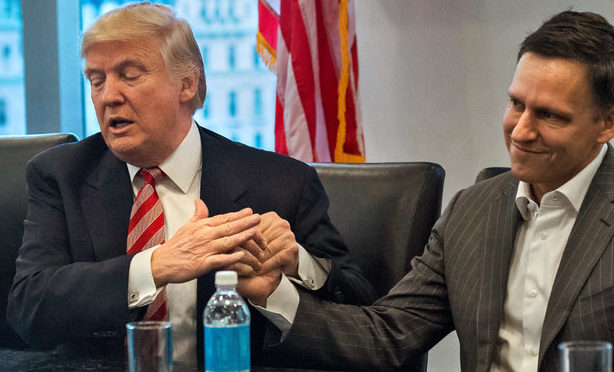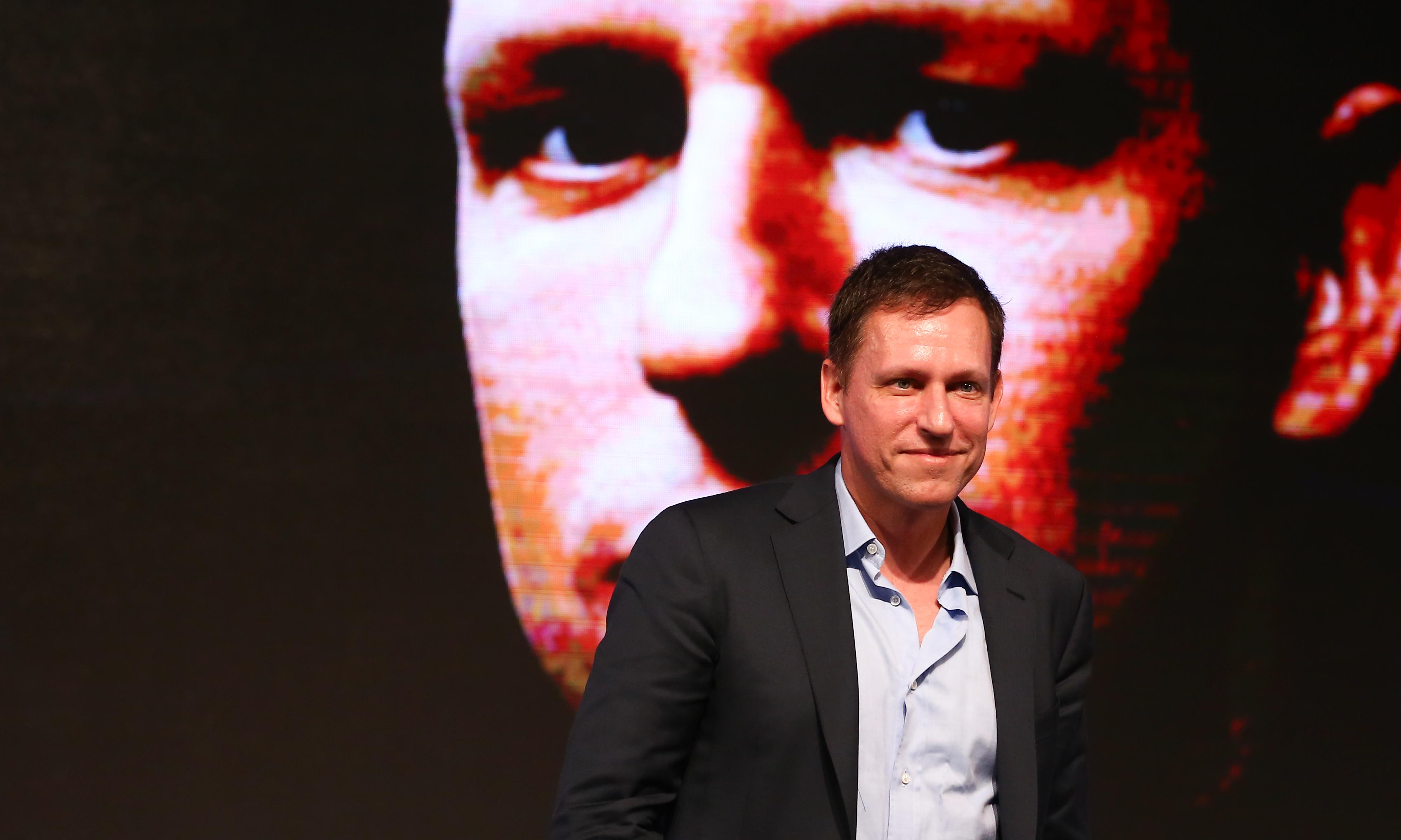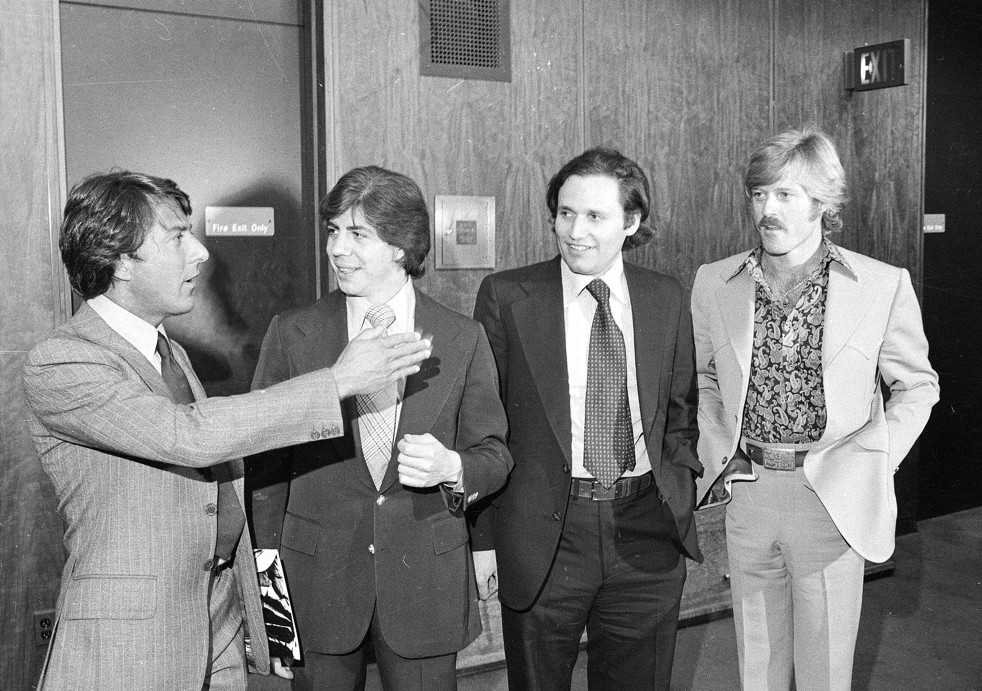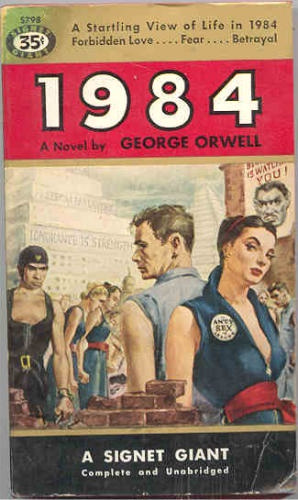Peter Thiel can move to New Zealand if Donald Trump really trashes America, but you’ll have to stay here and die.
The Silicon Valley billionaire, a poor man as well as a rich one, isn’t only insulated by his money if the sociopathic bully he enabled into the White House wrecks the place, he’s also secured citizenship in the island nation. Tad Friend’s excellent 2016 New Yorker portrait of Y Combinator’s Sam Altman reported on the subject’s desire to ditch civilization and flee to the land of Mount Victoria with his pal Thiel in case of natural disaster or societal collapse. Death sounds preferable.
Some natives are restless over the entrepreneur’s acceptance, noting he hasn’t satisfied requirements for officially becoming a Kiwi–you know, like actually living in the country for the required five years–but they also may be wary of welcoming a “genius” who was sure there were WMDS and Iraq and is certain that an unhinged ignoramus is the best choice to lead America.
From David Streitfeld and Jacqueline Williams of the New York Times:
SAN FRANCISCO — Peter Thiel is a billionaire, the biggest Donald J. Trump supporter in Trump-hating Silicon Valley and, above all, someone who prides himself on doing the opposite of what everyone else is doing.
So it makes perfect sense that right after President Trump proclaimed that “the bedrock of our politics will be a total allegiance to the United States of America,” Mr. Thiel was revealed to have become in 2011 a citizen of a small country on the other side of the world: New Zealand.
In these uncertain times, it may be smart to have a backup country. But the news that one of the richest citizens of New Zealand is a naturalized American who was born in Germany set off an immediate furor in the island nation, with questions being raised about whether being a billionaire gets you special treatment.
If you like New Zealand enough to want to become a citizen, the country’s Department of Internal Affairs noted on Wednesday, you are usually supposed to actually live there. Mr. Thiel does not appear to have done this.
The investor, who retains his American citizenship, was one of the biggest backers of Mr. Trump during the presidential campaign. Mr. Thiel reveled in his unusual position, giving a speech shortly before Election Day outlining the reasons for his support. He was vilified for it in tech circles.•








